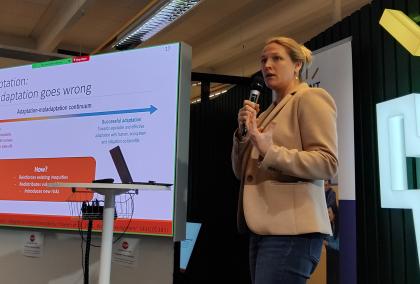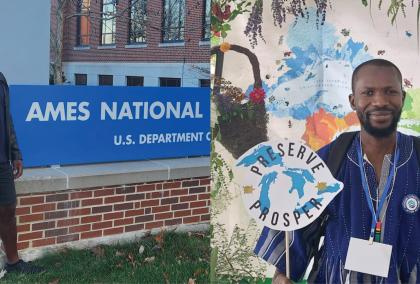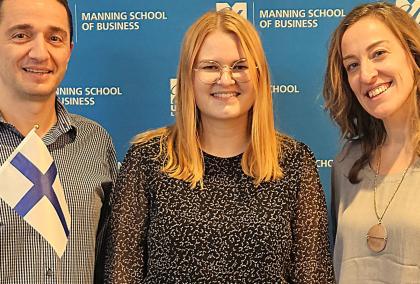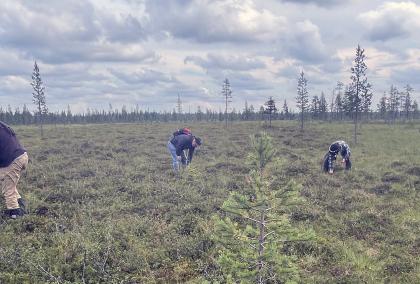

Finland and the United States are on solid, value-based, collaborative ground regarding technology and science. The importance of producing knowledge through research, and the multifaceted ways knowledge is utilized, are key building blocks of our societies. Both countries have recently addressed the need explicitly, and on a long term basis, to increase research and development spending in order to support ecologically, economically, and socially sustainable growth and global impact.
Science is global by nature. Science has shown its strength in the global COVID-19 crisis. It was possible to produce solutions for blocking the virus only because of the determined work of the scientific community, and public and private investments made in blue skies research, before we were hit by the pandemic. The virus brought together not only scientists, but also research funders, administrative branches, as well as public and private research organizations. Pressure to develop vaccines paved a short track to open innovation processes. The importance of science and technology will only increase in the coming years, not least because of the need to be better prepared for the next crisis.
The United States emphasizes the importance of emerging technologies and strategic areas of science: artificial intelligence, quantum computing, next-generation mobile technology and information networks, robotics, autonomous vehicles, biotechnology, as well as medical, climate, and environmental research. With these choices science is embedded in all sectors of life.
These priority areas coincide with the research fields Finland accentuates. They are research areas where we have high-quality research groups and expertise, industries, infrastructures, and valuable data. Finland and the United States have a common agenda in these areas, and cooperation between research funders has already begun. The research topics of the Academy of Finland’s flagship ecosystems fit well with the research areas prioritized by President Biden’s administration.
The Finnish-U.S. Fulbright program has played a significant role in fostering internationalization and a rise in research quality by funding and reforming science in Finland.
When looking at the development of the Finnish science community over the decades and the outputs of scientific activities, it is fair to state that the United States is Finland’s most important partner country. For Finnish researchers, cooperation is broadest and scientifically most influential with U.S. researchers. This is particularly evident in joint scientific publications, and in post-doc training of many generations of young Finnish researchers.
The Finnish-U.S. Fulbright program has played a significant role in fostering internationalization and a rise in research quality by funding and reforming science in Finland. The program as a platform has safeguarded continuity of research collaboration between individuals and organizations throughout the decades. Its key strength is its constant strategic renewal and innovation.
Through Fulbright scholarships, there are strong networks that extend deeply and broadly across the economy, society, culture, and politics. Altogether, over 5 900 Finns and Americans have participated in these exchanges since their inception in 1949.
These networks are of key importance as we continue to strengthen and build new Finnish-U.S. collaboration. Fulbright alumni are an invaluable resource not only for universities but for cooperation between our two countries. Research funding organizations and Finnish Ministries have it on the agenda to support these connections – and to facilitate establishing new collaborative ties between researcher communities of our countries.
Anita Lehikoinen
Permanent Secretary
Ministry of Culture, Science and Culture
Read the whole Fulbright Finland News magazine 1/2021!





